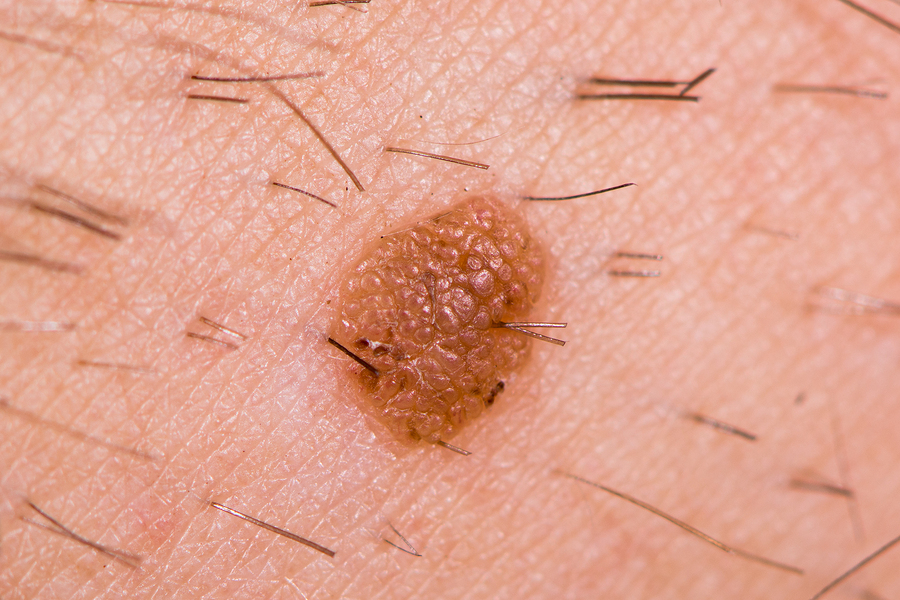Researchers at the University of Cambridge say they have identified a family of bacterial species that can help remove toxic PFAS, better known as ‘forever chemicals.’
PFAS (Perfluoroalkyl and Polyfluoroalkyl Substances) have been shown to cause health issues like decreased fertility, cardiovascular disease, developmental delays in children, and increased risk of certain cancers. Now, researchers say a microbe naturally found in the human gut may be able to absorb these forever chemicals and help remove them from the body.
The researchers introduced nine of these bacterial species into the guts of mice in an attempt to ‘humanize’ the rodents’ microbiomes. They found that the bacteria quickly absorbed PFAS that were consumed by the mice, which were then expelled in their feces.
Notably, as more and more PFAS were introduced, the microbes worked harder, consistently helping withdraw the same percentage of the chemicals. Within just minutes of PFAS exposure, the bacteria accumulated between 25% and 74% of the chemicals.
While the findings are promising, the results have yet to be verified in humans. The researchers aim to utilize the study’s findings to develop probiotic dietary supplements that can enhance the levels of these microbes in the human gut.
In May, The Dallas Express reported that the Environmental Protection Agency announced it would roll back limitations on certain PFAS in drinking water. Standards for PFOA and PFOS, two primary subtypes of PFAS, will remain at four parts per trillion; however, utilities will be given an extension to 2031 to comply with the limitation.
Despite the health risks associated with PFAS, they remain ubiquitous in human environments, found in a wide range of products, including food packaging, waterproof clothing, and non-stick pans. Since they take thousands of years to break down, these forever chemicals continue to accumulate in both the environment and human bodies.
“Given the scale of the problem of PFAS ‘forever chemicals’, particularly their effects on human health, it’s concerning that so little is being done about removing these from our bodies,” said Dr. Kiran Patil, of the University of Cambridge’s MRC Toxicology Unit and senior author of the report.













